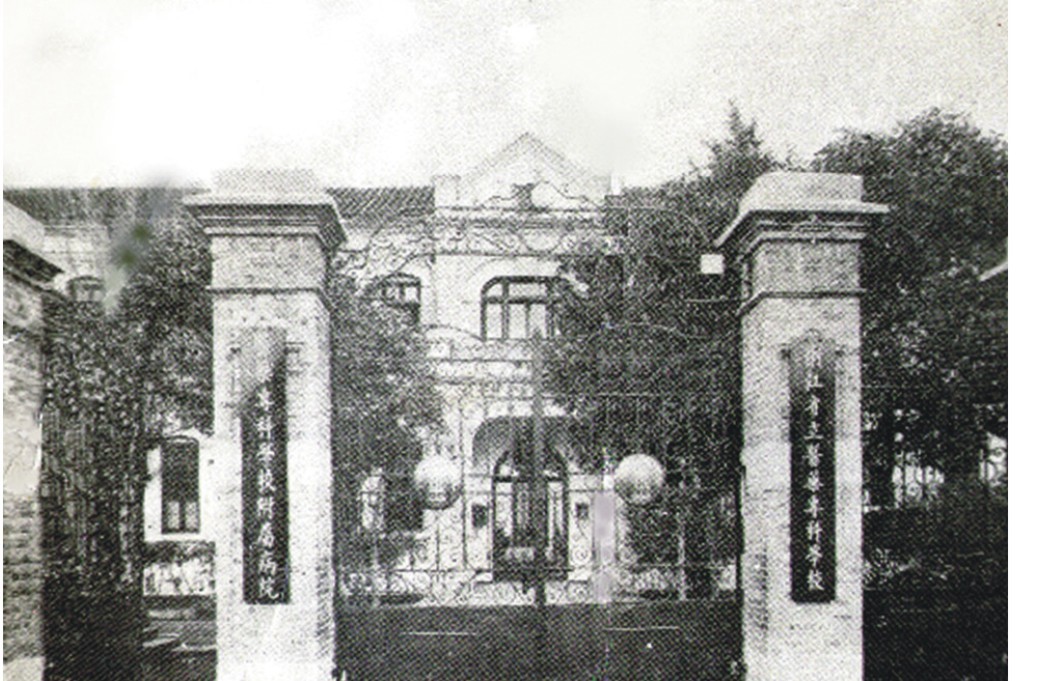Zhejiang University School of Public Health (ZJUSPH) was set up in 1950 as one of the earliest departments of public health in China. It was formerly known as the Public Health Department of Zhejiang Medical University. It was renamed as the Department of Health, Zhejiang Medical University in 1960. In 1979, ZJUSPH became one of the first schools in China to grant a master’s degree in Public Health. In 1998, Zhejiang Medical University merged with Zhejiang University, Hangzhou University and Zhejiang Agricultural University to form the new Zhejiang University, and the former Public Health Department of Zhejiang Medical University was renamed as the Zhejiang University School of Public Health.
ZJUSPH currently covers a full range of disciplines in Public Health and Preventive Medicine. The school consists of six disciplines: Occupational and Environmental Health, Epidemiology and Biostatistics, Toxicology, Nutrition and Food Hygiene, Social Medicine and General Medicine, Behavioral Medicine and Medical Psychology. ZJUSOPH hosts the Zhejiang Provincial Key Disciplines of Occupational & Environmental Health and Social Medicine & Health Management, the Key Discipline of Health Department of Zhejiang Province of Social Medicine and General Medicine, the Key Supportive Discipline of Health Department of Zhejiang Province of Epidemiology and Biostatistics, the Key Discipline of Zhejiang Provincial Health Department of Social Medicine and General Medicine, the Zhejiang Provincial Key Lab for Bioelectromagnetism, three school-level institutes (Institute of Occupational and Environmental Health, Institute of Nutrition and Food Hygiene, and Institute of Social Medicine and General Practice), and four Teaching Departments (Department of Epidemiology and Biostatistics, Department of Social Medicine, Department of Toxicology and Nutrition, and Department of Environmental Medicine). The school is also home to the Teaching and Experimental Center of Public Health, Clinical Epidemiology Center, Nutrition Consulting Center, Center of Mental Health and Behavioral Therapy, and the Public Health Inspection Center.
ZJUSPH currently has 48 faculty members, including 25 full professors, 14 associate professors and 9 lecturers; among them are 29 doctoral supervisors, 39 master supervisors, and 45 with Ph.D. or M.D degrees. There is also both one "Cheung Kong Scholar's Program" Professor and two Qiushi Chair Professors among the faculty. Furthermore, one professor is enrolled in Programs for New Century Excellent Talents of the Ministry of Education, and ten are enrolled in Zhejiang Provincial New Century 151 Excellent Talents Program.
In the past three years, ZJUSPH received approximately 189 research grants, including four National Key Basic Research and Development Plans (973 Program), one National High Technology Research and Development Program of China (863 Program), twenty general programs of National Natural Science Foundation, one National Social Science Foundation programs and four International Cooperation and Exchange Programs. The staff owns two patents, and was given one national award, three provincial awards, and three international scholar awards. There is one National Excellent Course and one Zhejiang Provincial Excellent Course. More than 250 peer-reviewed papers were published in journals both in China and abroad, including 75 in the SCI-cited journals and 83 in MEDLINE-cited journals. In addition, 40 teaching materials and monographs edited by our faculty have been published.
ZJUSPH has established international relationships with public health schools and medical institutions through programs such as collaborative research projects and faculty and student exchange. The school’s international standards continue to attract students from around the world.
